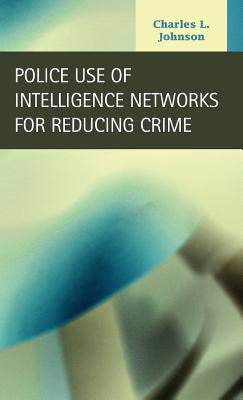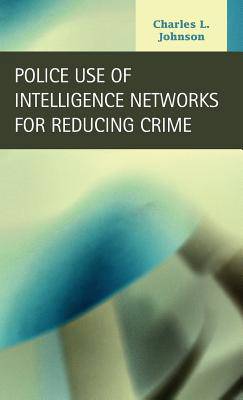
- Afhalen na 1 uur in een winkel met voorraad
- Gratis thuislevering in België vanaf € 30
- Ruim aanbod met 7 miljoen producten
- Afhalen na 1 uur in een winkel met voorraad
- Gratis thuislevering in België vanaf € 30
- Ruim aanbod met 7 miljoen producten
Zoeken
Omschrijving
Johnson examines the role of communications and intelligence in policing. Based on an evaluation of a unit within the Office of the Washington Attorney General, Johnson demonstrates that information flow in the criminal justice system is often hindered by self-interest and a lack of trust between members of the criminal justice community. Johnson studied people at various responsibility levels, including community corrections officers, crime investigators, supervisors, and police chiefs and Sheriffs. The existence of trust-based relationships is not the only key to effective intelligence-led policing. Crime fighters must also learn to avoid "silo-thinking" and get beyond the notion that their individual effort is the most important element of solving crimes. Lastly, agencies have to adopt intelligence gathering capabilities that are compatible with one-another.
Specificaties
Betrokkenen
- Auteur(s):
- Uitgeverij:
Inhoud
- Aantal bladzijden:
- 251
- Taal:
- Engels
- Reeks:
Eigenschappen
- Productcode (EAN):
- 9781593323813
- Verschijningsdatum:
- 12/02/2010
- Uitvoering:
- Hardcover
- Formaat:
- Genaaid
- Afmetingen:
- 140 mm x 216 mm
- Gewicht:
- 480 g

Alleen bij Standaard Boekhandel
+ 131 punten op je klantenkaart van Standaard Boekhandel
Beoordelingen
We publiceren alleen reviews die voldoen aan de voorwaarden voor reviews. Bekijk onze voorwaarden voor reviews.











